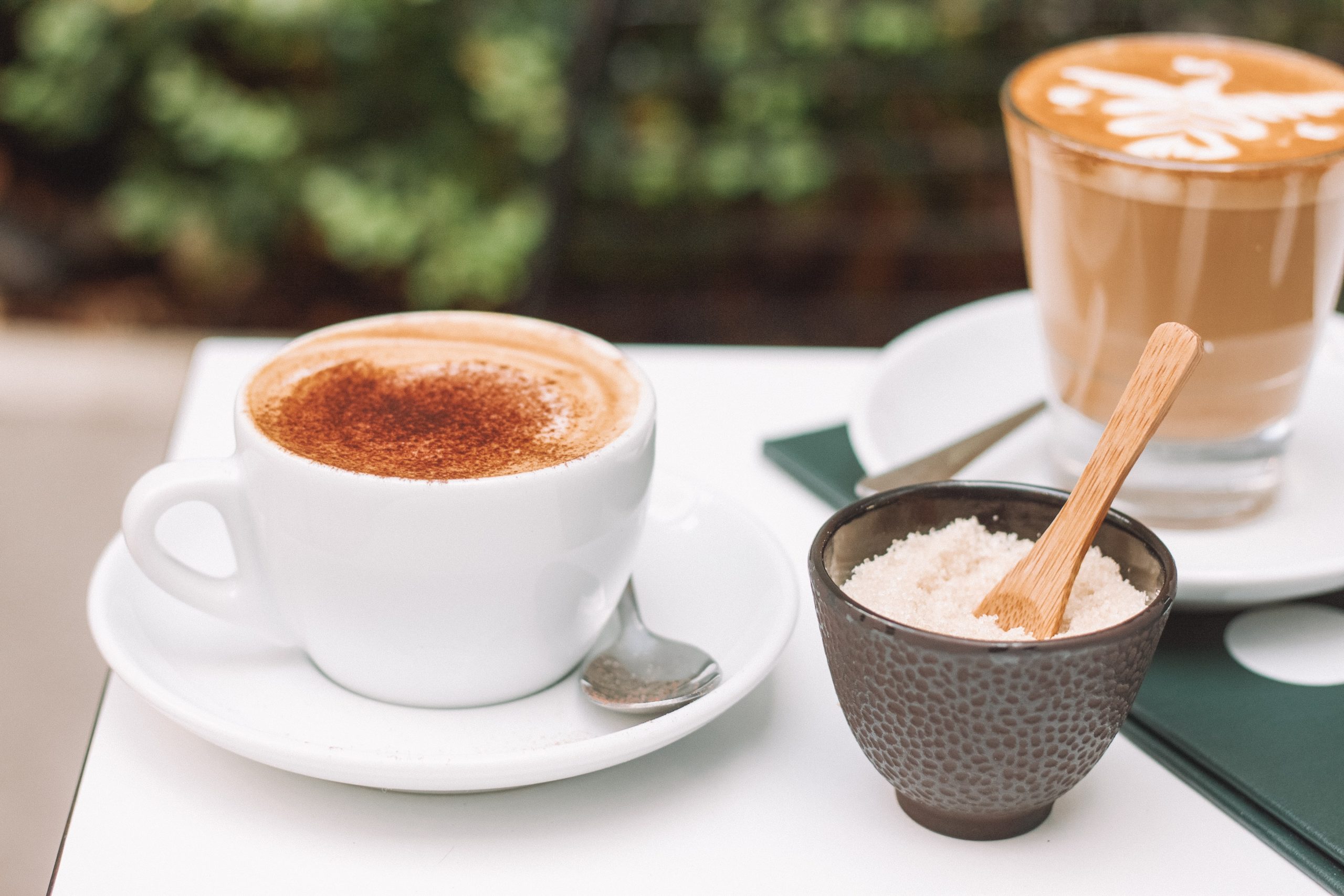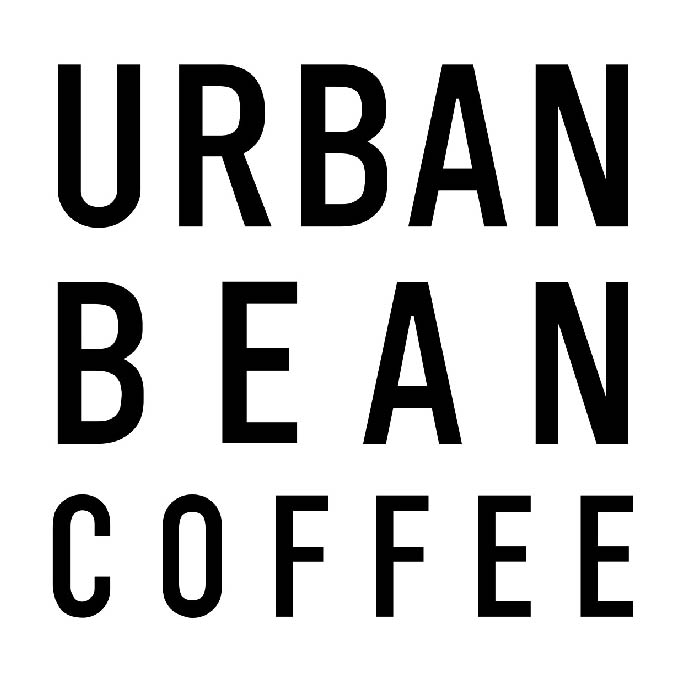Want to know if you need sugar in coffee? We'll tell you.
In this article, you will learn how sugar affects the taste of your drink, which coffee you should add sugar to, and when you shouldn't add sugar.
Let's get started.
Why Is Sugar Added to Coffee?

The tradition of adding sugar to coffee appeared largely due to biological reasons.
The human body reacts positively to sweet tastes. Sweetness is subconsciously associated with food that's nutritious and high in calories.
Sugar is instantly absorbed by the body and provides a quick burst of energy.
On the other hand, the acidic and bitter tastes we find in every cup of coffee are not so unambiguously perceived by our taste receptors.
We love acidic or sour tastes in combination with sweetness. But we don't like sourness without sweetness—we associate it with unripe or fermented food.
And we subconsciously perceive bitterness as something that could be poisonous.
Caffeine is responsible for coffee's bitterness. But the substance also provides the invigorating effect for which many people drink coffee.
To compensate for the bitter taste, coffee is often drunk with sugar, milk, or other additives.
Scientists from the University of Barcelona claim that coffee with sugar has a positive effect on cognitive abilities. The combination of caffeine and glucose activates parts of the brain that are responsible for maintaining attention and working memory.
If you drink coffee to cheer up and be more productive, sugar will help with that.
What Happens If You Add Sugar to Your Coffee?
When sugar is added to coffee, it doesn't just drown out bitterness—it also reacts chemically with caffeine molecules. This was shown by Dr. Seishi Shimizu, a scientist at the University of York. His research is published in the journal Food & Function.
Sugar added to coffee causes the caffeine to dimerize. Caffeine molecules stick together to avoid contact with sucrose in water.
Thus, for every two molecules of caffeine, one double molecule called a dimer is obtained.
Taste receptors perceive each dimer as one molecule. This means that the coffee becomes half as bitter as it was before sugar was added.
What Types of Coffee Are Made With Sugar?
Most often, the advice to add sugar before brewing is found in recipes for Turkish coffee, which is brewed in a cezve.
The traditional grind for Turkish coffee is very fine. The coffee takes a long time to brew and is brought almost to a boil.
This coffee is very bitter. Sugar neutralizes some of this bitterness.
Caramel coffee can be prepared in a cezve. To do this, first melt sugar in the cezve with a little water to form a syrup and then add water and ground coffee and brew as usual.
Raf coffee is another drink that is prepared with sugar. According to the classic recipe, two tablespoons of sugar are added—one tablespoon of vanilla sugar and one tablespoon of regular sugar.
Is There Any Natural Sugar in Coffee?
The coffee bean contains many sugars. In fact, carbohydrates make up about 40-50% of the chemical composition of a coffee bean.
Arabica coffee contains almost twice as much sugar as Robusta.
Coffee sugars are involved in the Maillard reaction and caramelization during roasting. These processes give the roasted beans an attractive aroma and brown color.
How Bad Is Sugar in Your Coffee?
Coffee with sugar is only bad when sugar interferes with the taste.
Various brewing methods and detailed recipes aim to maximize the natural sweetness of coffee and create a balance of acidity, sweetness, and bitterness.
Specialty coffee has that balance, as well as bright flavor notes.
But you can feel all this only in black coffee with no added milk, cream, sugar, or syrup.
Therefore, many specialty coffee shops don't serve sugary coffee. The best coffee should be sweet on its own.
If you want to start noticing the natural sweetness of your coffee, gradually reduce the amount of added sugar in your drinks.
Try a plain cappuccino first. Because it's made with milk, it has a sweetish taste.
Then try a flat white. It's also made with milk but has a more pronounced coffee flavor than a cappuccino does.
Then try a plain espresso or plain coffee brewed with alternative methods.
